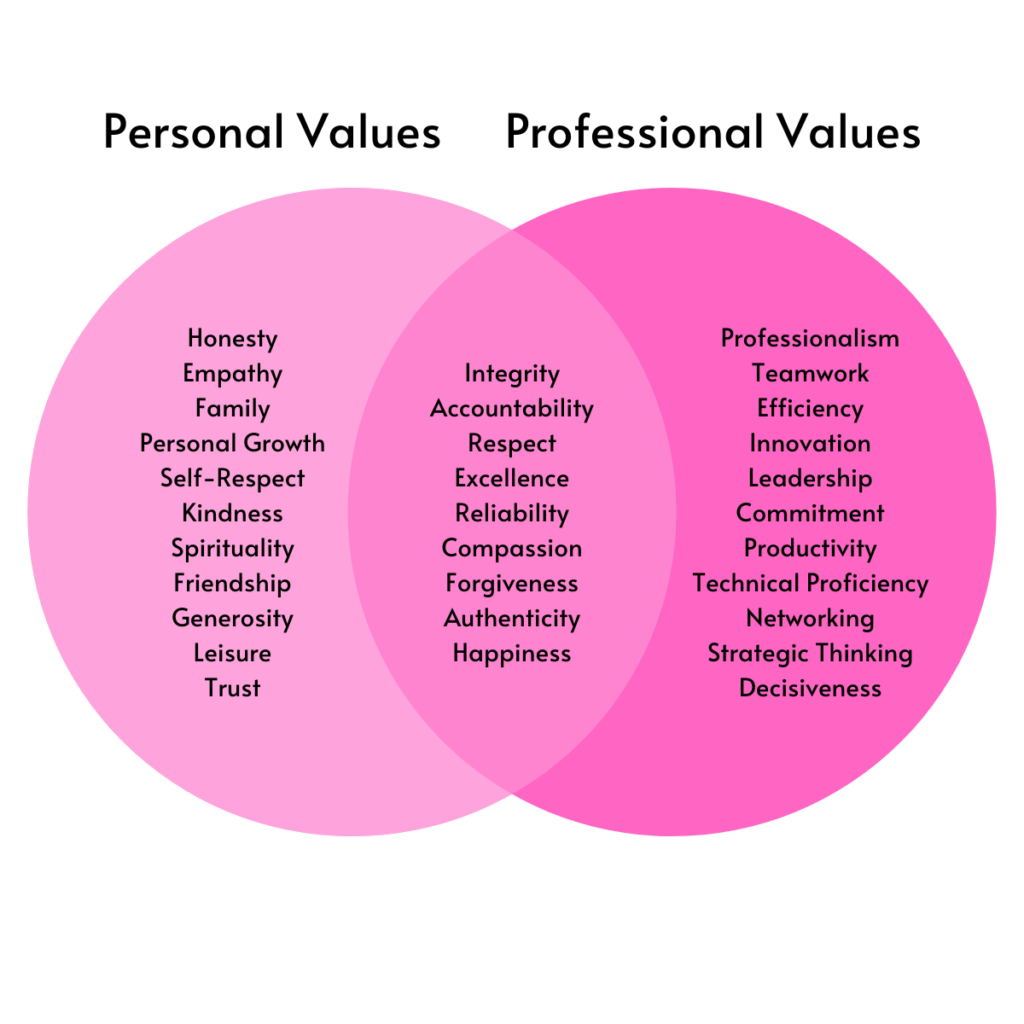- Filter By :
- Theoretical Questions
- Case Studies
-
Q. Ethical governance requires a balance between personal values and professional duties. Discuss.(150 words)
10 Apr, 2025 GS Paper 4 Theoretical QuestionsApproach
- Introduce ethical governance and the importance of balancing personal values with professional duties.
- Explain how personal values guide public servants, while moral reasoning ensures fairness and impartiality in their professional duties.
- Conclude by emphasizing that balancing personal values with professional responsibilities is essential for maintaining ethical governance.
Introduction
Ethical governance refers to the administration of government with integrity, transparency, and fairness, where decisions are guided not just by legal requirements but also by moral considerations. The balance between personal values and professional duties is essential to ensure that public servants act in the best interest of the people while adhering to their ethical obligations.
Body
Balancing Personal Values and Professional Duties in Ethical Governance:
- Personal Values Act as a Guide: A civil servant’s personal values, such as honesty, empathy, and justice, play a critical role in guiding their actions. However, these personal beliefs must align with their professional duties to avoid conflicts of interest or biased decision-making.
- E.g: A civil servant officer may personally believe in the sanctity of environmental conservation. However, when making decisions regarding industrial development, the officer must balance their personal environmental values with the professional duty, considering economic causes.
- Ensuring Impartiality and Fairness: Ethical governance requires that public servants uphold the principles of fairness, and impartiality, regardless of their personal beliefs. This ensures that decisions are made based on objective criteria rather than personal biases.
- E.g: Consider a judge with strong personal opinions on a societal issue. Despite personal views, the judge must rule impartially based on law, ensuring fairness and maintaining public confidence in the judicial system.
- Promoting Ethical Resilience in Governance: Personal values such as integrity and compassion are crucial to maintaining resilience in the face of pressure or difficult situations.
- Public officials with a strong ethical foundation are more likely to resist corruption or unethical practices, even when faced with personal or professional challenges.
- IAS officer Armstrong Pame exemplifies ethical governance by building a 100 km road in Manipur without government funding, using crowdfunding. His initiative reflects selflessness, integrity, and dedication to public service.
Conclusion
Ethical governance requires a careful balance between personal values and professional duties. Public servants must ensure that their personal beliefs enhance rather than compromise their ability to serve the public impartially and fairly. By upholding both personal integrity and professional responsibility, civil servants can foster trust, accountability, and moral governance.
To get PDF version, Please click on "Print PDF" button.
Print PDF





